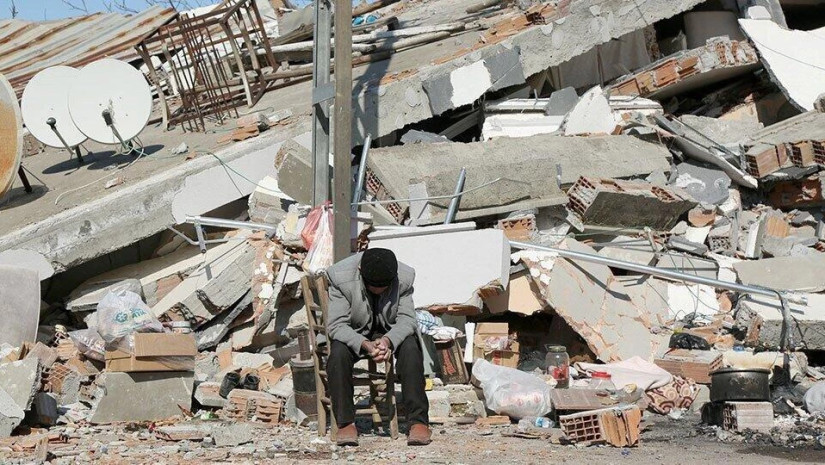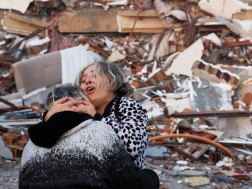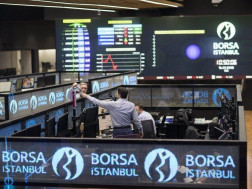Turkish and Syrian reconstruction efforts in the wake of devastating twin earthquakes last week will cost “in the billions of dollars,” according to Ferid Belhaj, World Bank vice president for Middle East and North Africa.
The World Bank has already pledged roughly $1.8 billion of funding for Ankara and is pursuing relief aid for Syria, he said, in wake of the Feb. 6 tragedy that left over 35,000 dead.
“On Turkey, the World Bank has committed about 1.8 billion dollars,” he told CNBC’s Hadley Gamble and Dan Murphy at the World Government Summit in Dubai on Monday. “This is because we had already a portfolio in Turkey, we had projects, and we were able to repurpose some of the funding.”
The non-governmental Turkish Enterprise and Business Confederation estimates that the twin earthquakes led to total losses of nearly $84.1 billion to the Turkish economy in its report assessing the disaster. Comparatively, the 1999 earthquake of Marmara that struck the city of Izmit and killed over 17,000 people, resulted in $51.1 billion of losses. The reconstruction costs are set to bolster the woes of the Turkish economy, which has been persistently rattled by hyperinflation, a cost-of-living crisis and President Recep Tayyip Erdogan’s controversial monetary policies.
“Turkey, you know, has proven resilient over the past many, many years. They have ups and downs and they were able to manage,” Belhaj said, casting a darker shadow over the outlook for sanctions-struck Syria, which the bank is looking to assist through a Rapid Damage and Needs Assessment initiative. It is carrying out a similar process in Ukraine.
“Having this tragedy falling on the people of Syria, in addition to all the tragedies that these same people have been enduring over the last 10-15 years, is really terrible,” he stressed, urging global solidarity with both Damascus and Ankara. “Having money going through [U.N. agencies] would be very important and strategic, and the bank will do its best to ensure that, Turkey, you know, we are doing a lot already, and in Syria, we will play our part.”
Sanctioned and ostracized, Syria has had more limited access to Western support than its NATO-member neighbor. The EU maintains that President Bashar Assad’s Damascus regime only formally requested assistance last Wednesday. The first U.N. humanitarian package reached Syria on Feb. 9 — when the U.S. also issued an 180-day exemption from its sanctions on Damascus for transactions linked to earthquake relief.
Martin Griffiths, undersecretary general for humanitarian affairs and emergency relief coordinator for the U.N., on Sunday acknowledged the coalition’s unsatisfying response in Syria:
“We have so far failed the people in north-west Syria. They rightly feel abandoned. Looking for international help that hasn’t arrived,” he said on Twitter.
“My duty and our obligation is to correct this failure as fast as we can. That’s my focus now.”
Raed al-Saleh, leader of the non-governmental White Helmets volunteer group that has been assisting rescue efforts primarily in opposition-held territories of Syria, on Feb. 12 said on social media that he had met with Griffiths and “we appreciate the apology for the shortcomings & mistakes. Acknowledging this is the beginning to the right path,” CNBC reports.
















